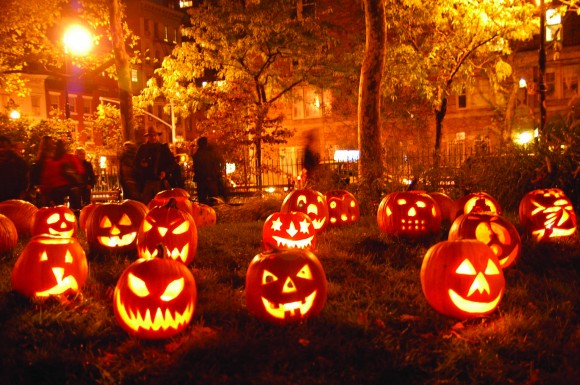I found all three of the videos to be very interesting. Although it was a bit cheesy, I think that Vimeo did a good job at making their point. The two rhetorical implications that I appreciated the most was in the ‘Choosing a Camera’ and ‘Shooting Basics’ videos.
I think that it is very important to address the differences between using a camera from your camcorder and the camera from your phone. They both give you different aspects and can take you in separate directions. Each one can project images differently depending on the quality. At times it might seem easier to just whip out your phone and record whatever you need to record and then go about your business. However, when it comes to having high quality videos and interpersonal graphics with the ability to edit – there are a couple things to keep in mind. A camcorder not only has better quality video display, but it also has high quality sound.
The ‘Shooting Basics’ video showed that knowing the foundations for shooting a video are very important – especially for new comers. It is important that you integrate well thought out video techniques in order to make the video possible. Some people might not know how to acquire the best footage because they do not have a strong background with dealing in film or photography. By learning the basics and strong techniques, the video has the potential to come out very strong.













